Like everyone else, my family is staying home as much as possible this spring. I have gone for some walks, staying well back from any passersby, through my closest (walkable from home) park. Although it is mostly playing fields and cultivated grass, there is a small section of remnant woodlot along a polluted creek. I had not been down the trail since the Ash trees all died. I was impressed at how much work local volunteers have done planting new shrubs and trees. There is still a huge amount of Periwinkle, and many thickets of Buckthorn and what looks like Honeysuckle, but there are some native shrubs and trees, too. Here’s what I found during a few walks at the beginning of April. These signs of spring were truly welcome given the barrage of gloom.
First Spring Migrants Fly Briskly Back into Mississauga
Golden-crowned Kinglets occasionally over-winter in Mississauga. This one seemed in pretty well-fed condition so I suspect it migrated back from better hunting grounds. It was, in usual Kinglet fashion, flitting madly from twig to branch to stem and fluttering in a hover to snatch food. Trying to get a photo was great practice for muscles that have weakened and need improvement before the arrival of the waves of warblers.
This Song Sparrow, not the one singing near the foot bridge, was impersonating a wren. It was quickly and secretively moving under fallen branches and low dense bushes. Having seen a Winter Wren a few days before out the kitchen window, I was tricked into thinking wrens. When I finally got a clear line of focus, I found a good-sized Sparrow. Oops!
I had a Hermit Thrush in our yard in January, so this one may actually have spent the winter here. Either way, I love these round-bellied birds. They remind me of young Robins, which are another type of Thrush.
Hermit Thrushes have quite striking stripes on their fronts and a tail with a rusty top.
One day I was sure I would not see anything. As I back tracked up the trail, a bird flew quickly to the base of a trunk in front of me and started climbing. I was very happy to meet my first Brown Creeper of the year. Although I stayed in the area for a while to see if it was part of a flock, I only found the one bird.
Trees Leaf and Leaves Unfurl and Buds Blossom
Although neither of these are native species, I still thought the combination of small bright red Multiflora Rose hips and leaves of a spring bush (possibly Honeysuckle, Privet or Buckthorn) made a nice bright spot in the grey-brown bush.
Many Trout Lily leaves are up. I don’t know if there will be lots of flowers later or not: sometimes they produce only leaves for years. They are probably Yellow Trout Lily but we do have White ones in Mississauga too, so I will wait and see.
Several Willow and similar trees are blooming and leafing out.
When I couldn’t find birds and bugs, I tried to get photos of the swinging branches.
The Staghorn Sumac still has lots of fruit, just like the rose bushes. It was a pretty mild winter and the local over-wintering birds didn’t have to strip everything bare.
I haven’t posted photos of the garden-escaped Scilla and Lungworts, but these Violets could be garden escapes or natives. I don’t know anything about Violets so I have no clue!
This patch of Bloodroot was a pleasant surprise! It was mingled with a big patch of garden escapes and I nearly missed it.
They may be a remnant of a wild population, or they may be escapes from a “native wildflower” garden. Either way, they were beautiful. They still have the leaves protectively wrapped around the stems.
Most of the area is still dormant. Views like this made me wish the creek was actually healthy. Most of it, though, is moving between wire gabion cages and through sewer pipe. I’m sure the salt content must be very high in the spring.
Winter Birds Breathe a Sigh of Relief: and Get Busy
Not all of the birds were new in town.
There were several pairs of Cardinals. I know because they spent a lot of time singing at each other and even driving each other away from contested territory. Either side of the strip of wood is back yards, so there is lots of room for multiple pairs to successfully nest.
White-breasted Nuthatches have paired up.
A rather lonely looking male Mallard was sleeping in the creek.
This Black-capped Chickadee kept a veil of Buckthorn between me and it, blurring the photos.
A few Dark-eyed Juncos are still here. They usually move north before May.
Lots of Robins over-wintered this year. This one could have migrated south or not. It’s hard to tell once they put the suitcases away.
This Woodpecker is busily digging out a possible nest hole. Great to see!
A First Insect of Spring
I had hoped to find a Mourning Cloak butterfly like my relative but my insects were much less showy.
A group of these flying insects were checking out a few logs and shrubs. I hate to say it but the area may have been “watered” by a passing dog.
Either way, if these insects are edible, there were several birds around that would have liked to meet them.
Even Starlings Can Be Welcome
On the walk home, the only new birds were some Rock Doves (or Pigeons) and a Red-tailed Hawk. Then I saw a small flock of European Starlings. They are actually pretty birds, even if undesired by most.
Trying to avoid being a “speciest” I have included an unflattering photo of them too.
I hope if you get out for a walk this spring you can see some migrants or ephemerals. We all need some cheer in our lives.
Related Reading
Join In
Have you been able to spot some signs of spring? Please share your views with a comment.

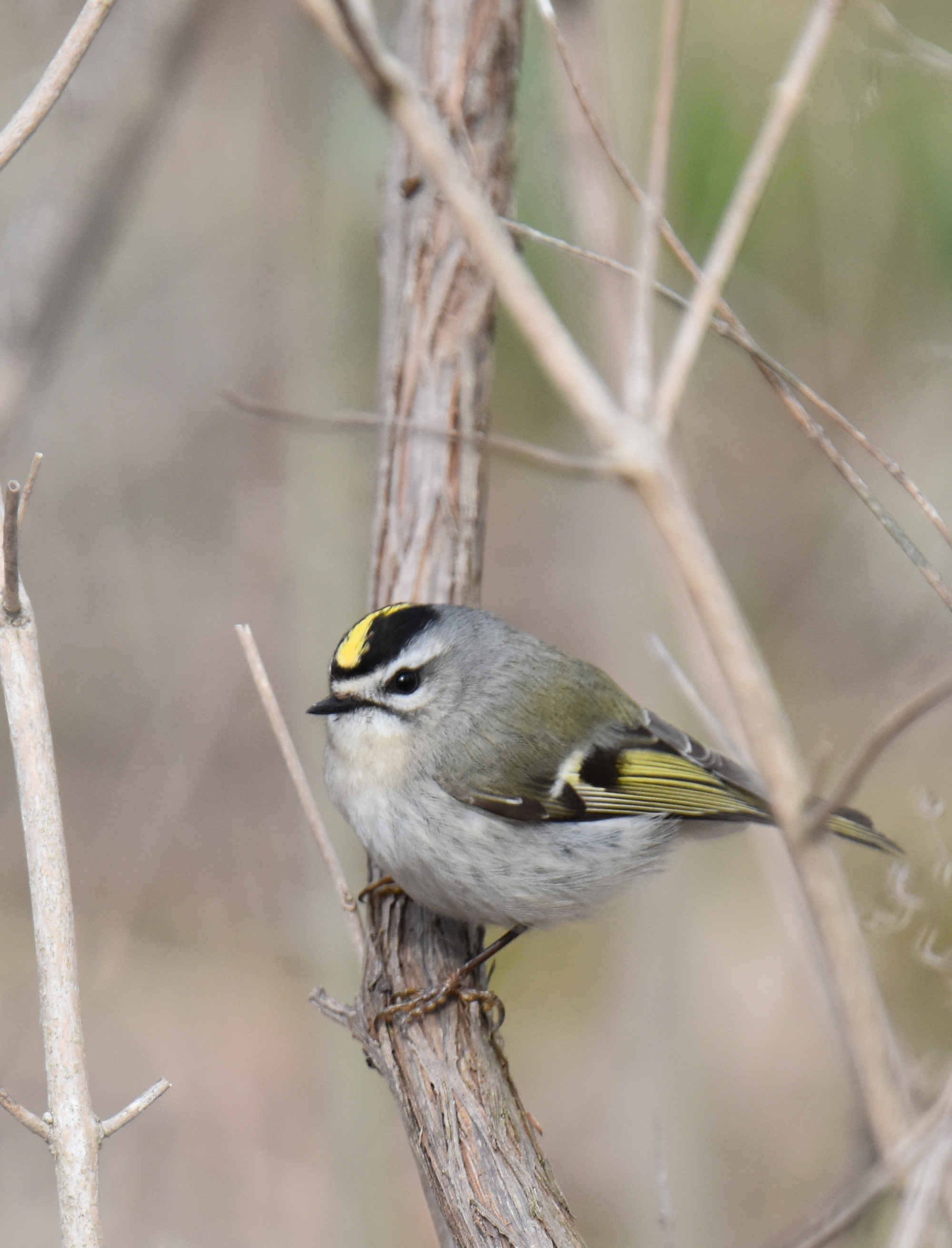
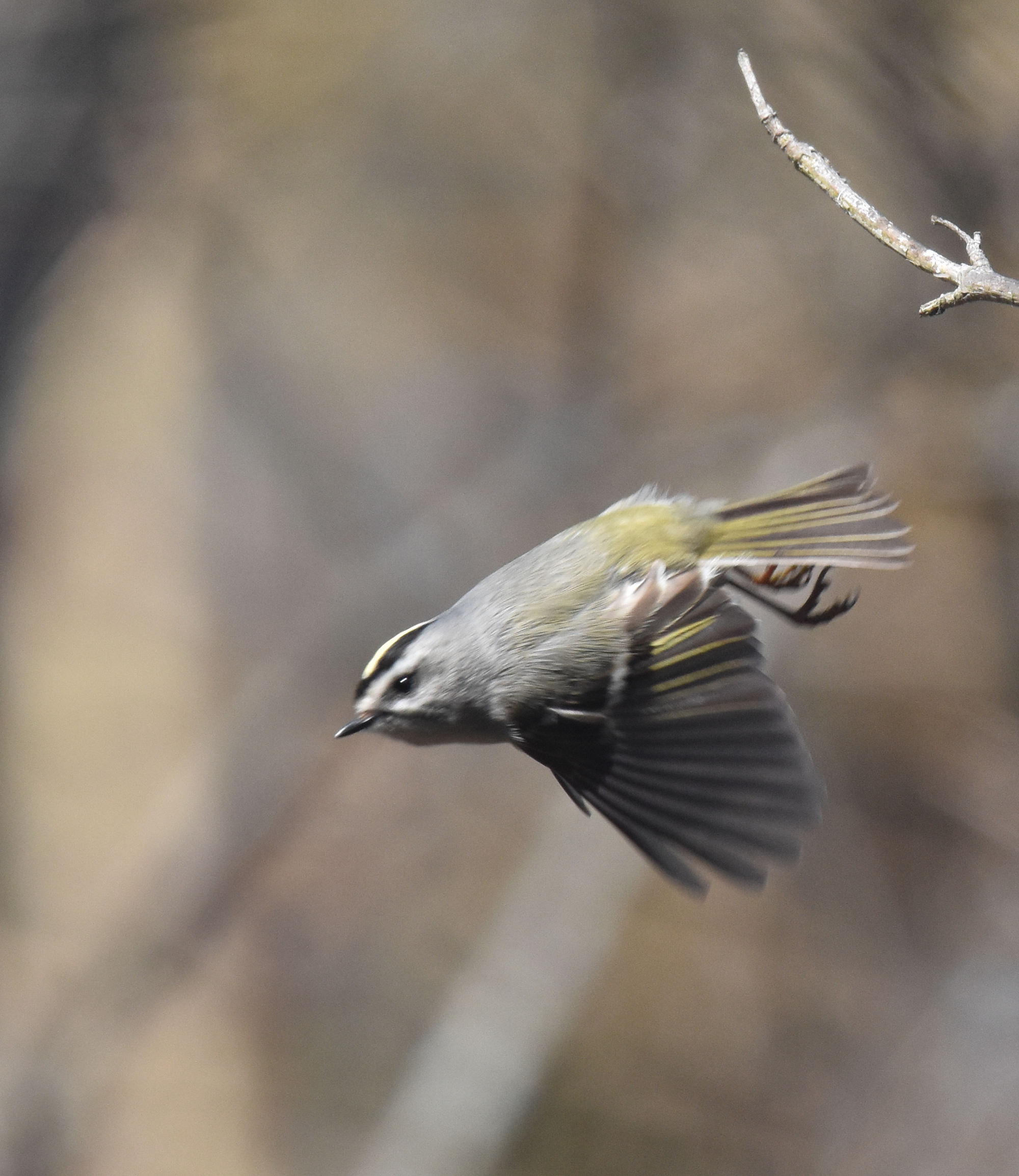
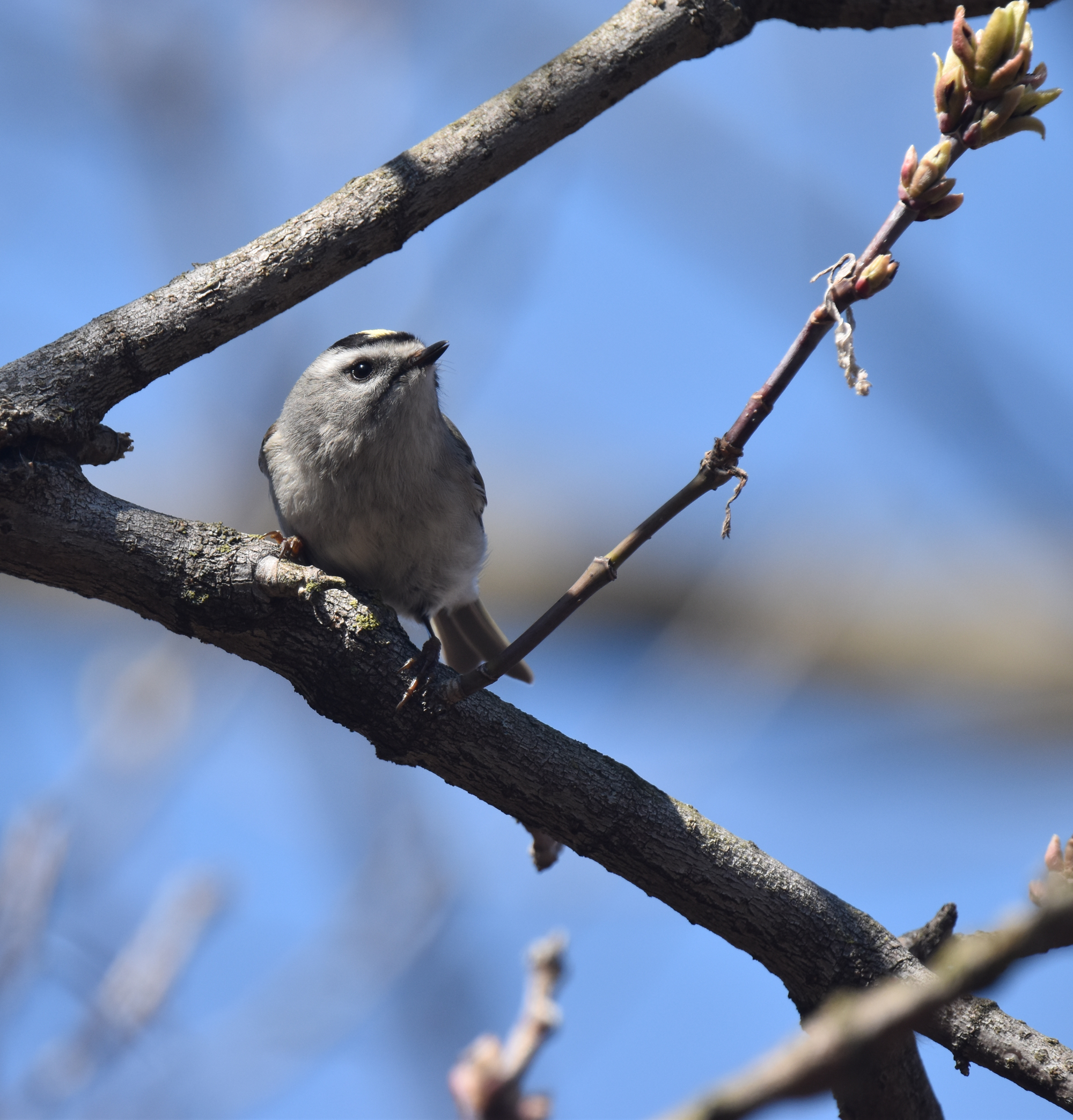
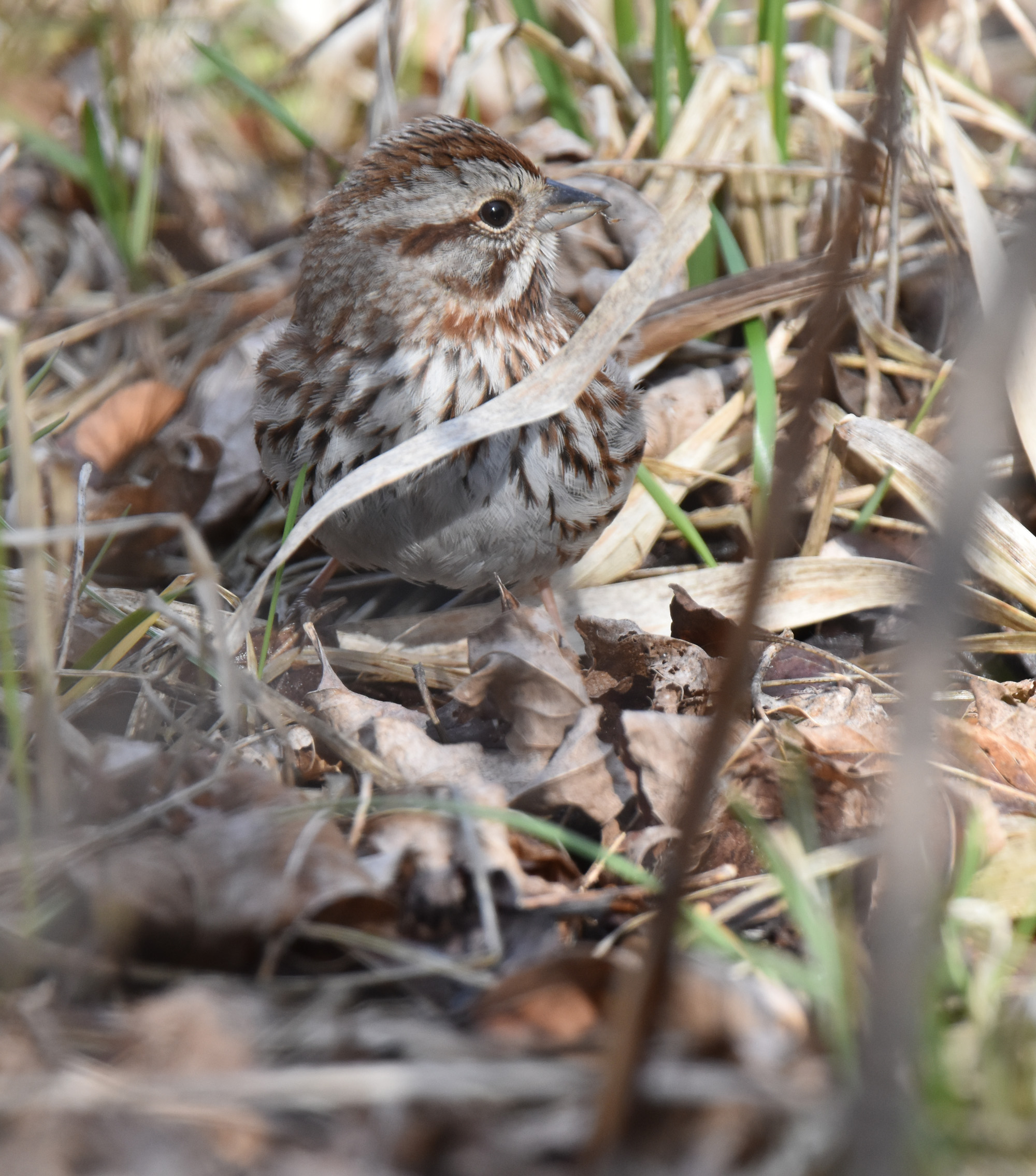
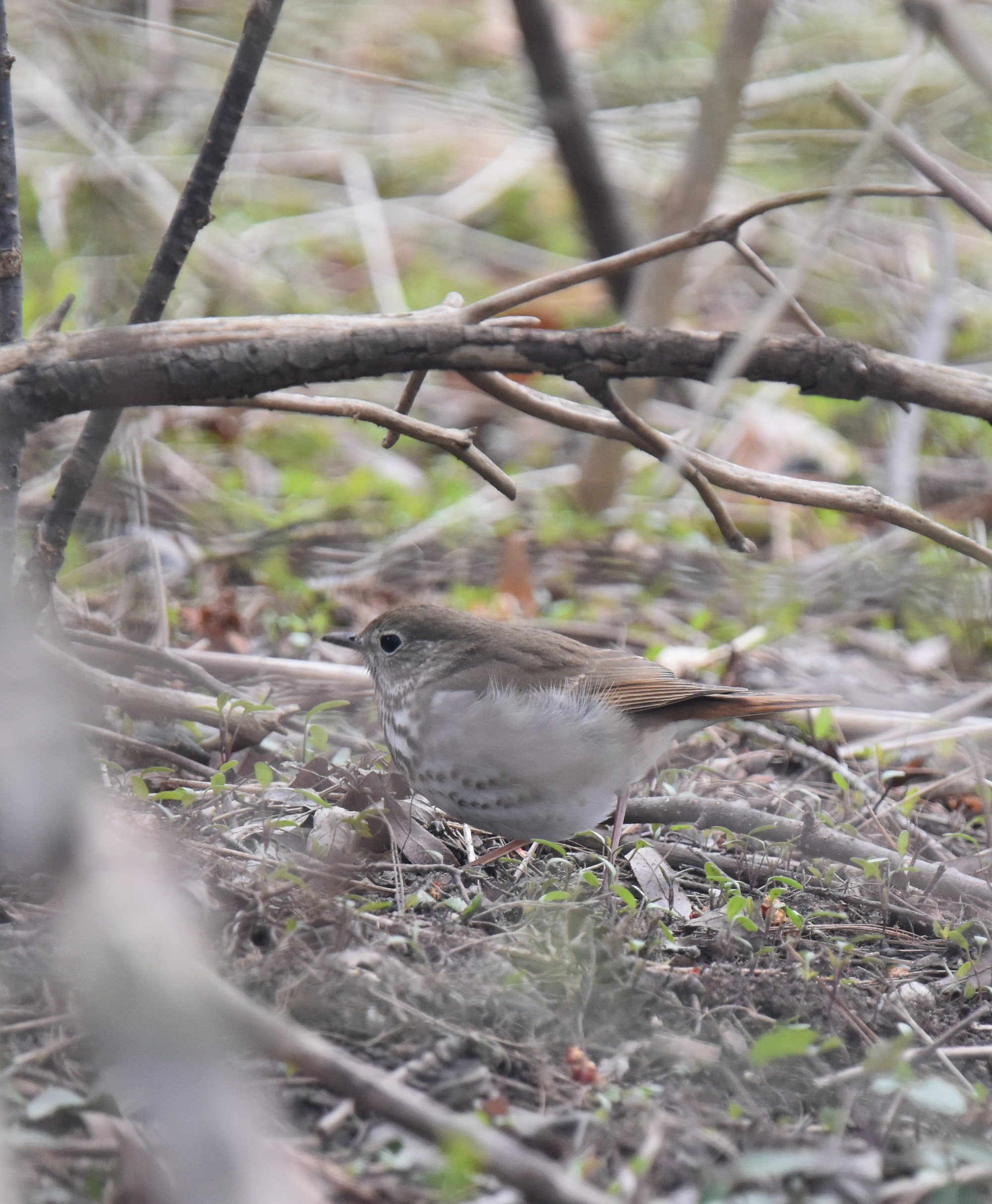
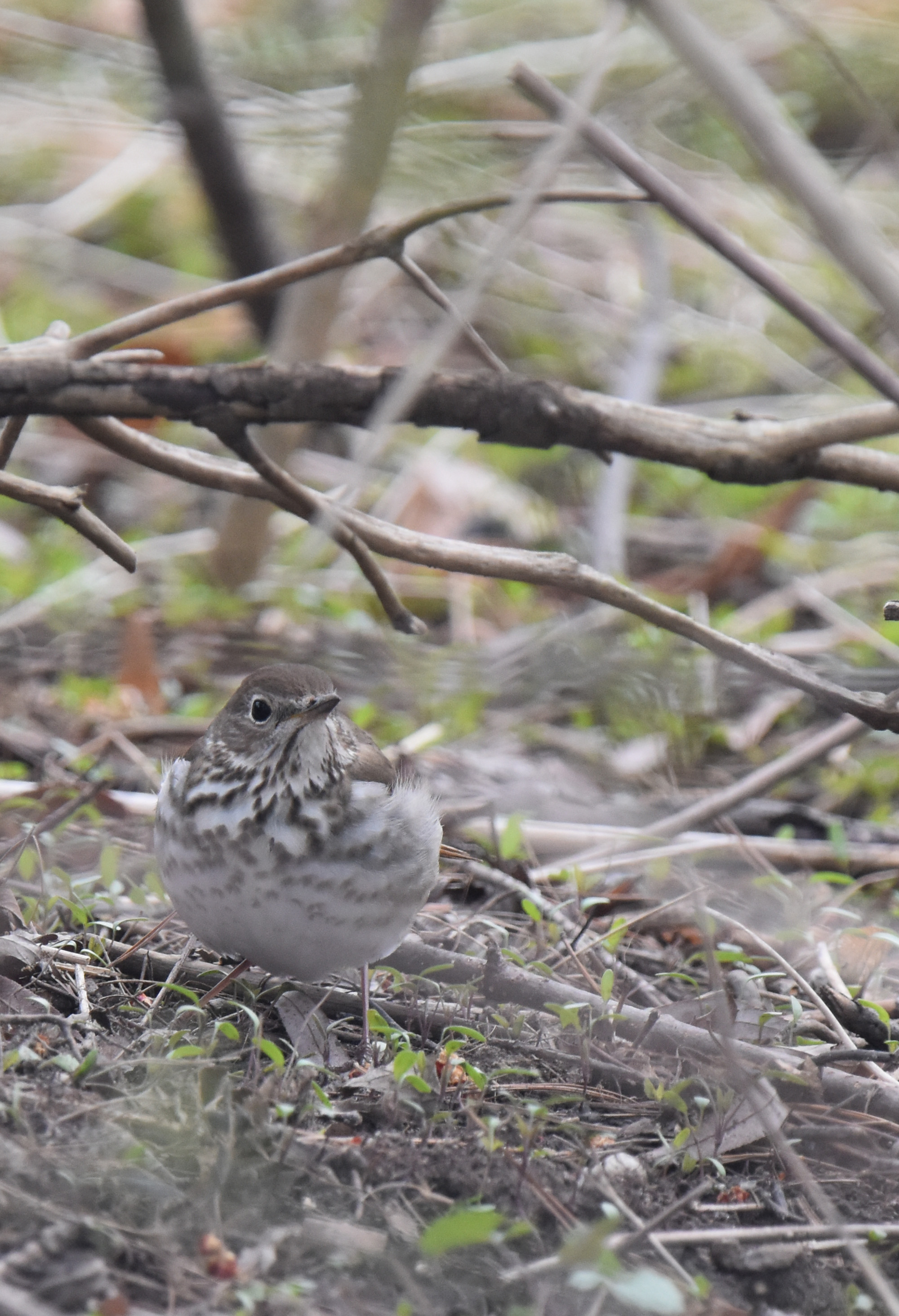
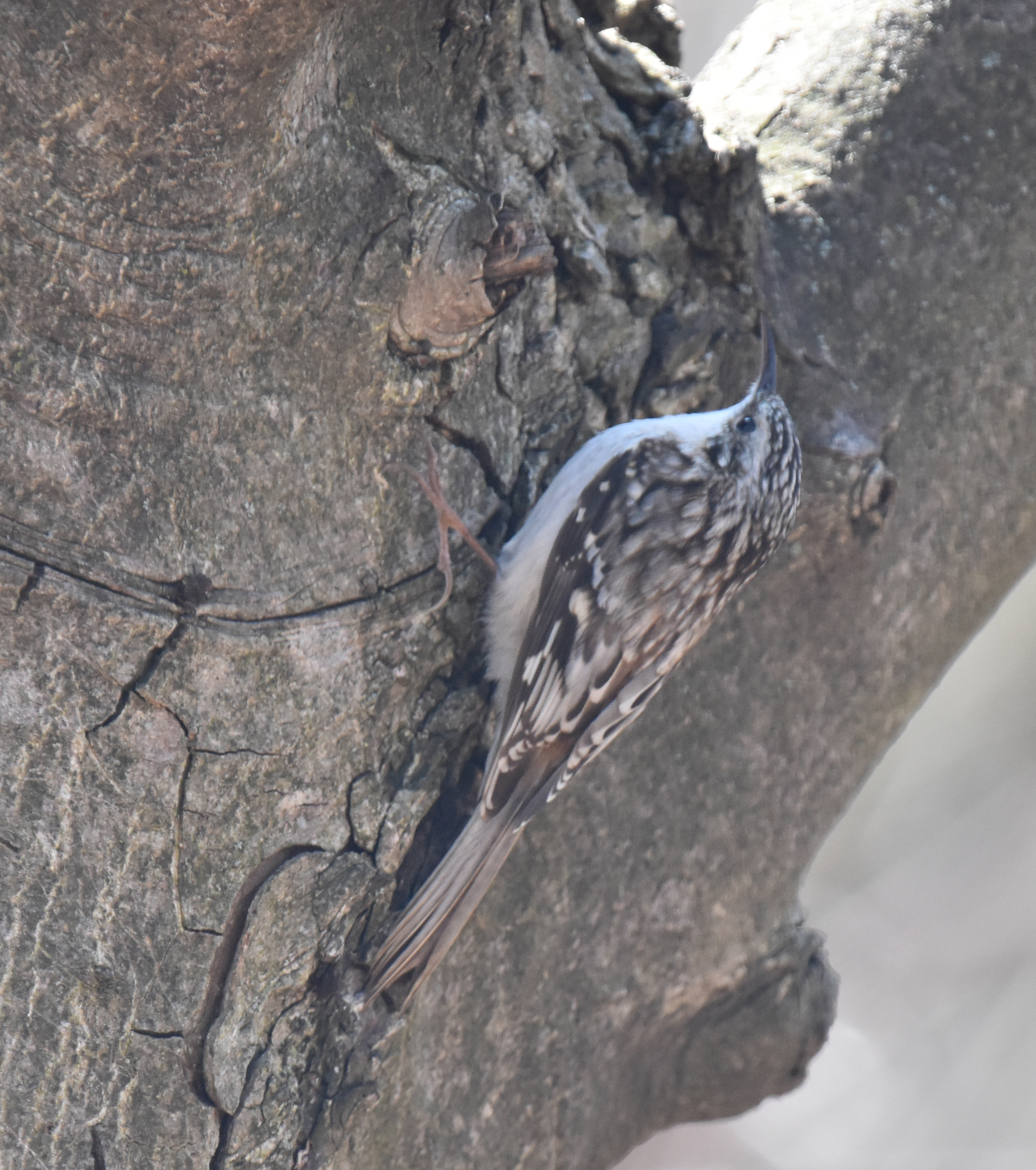
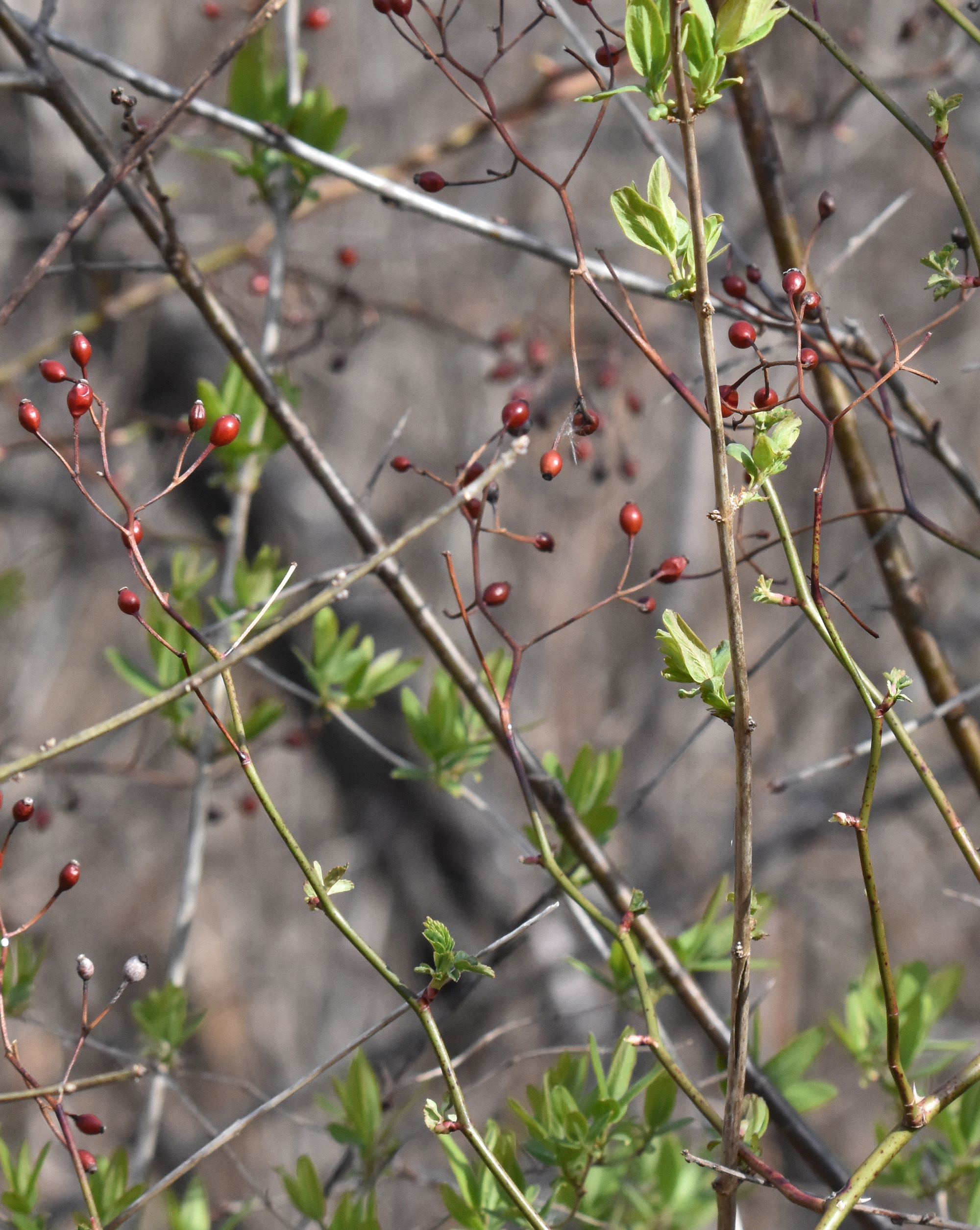
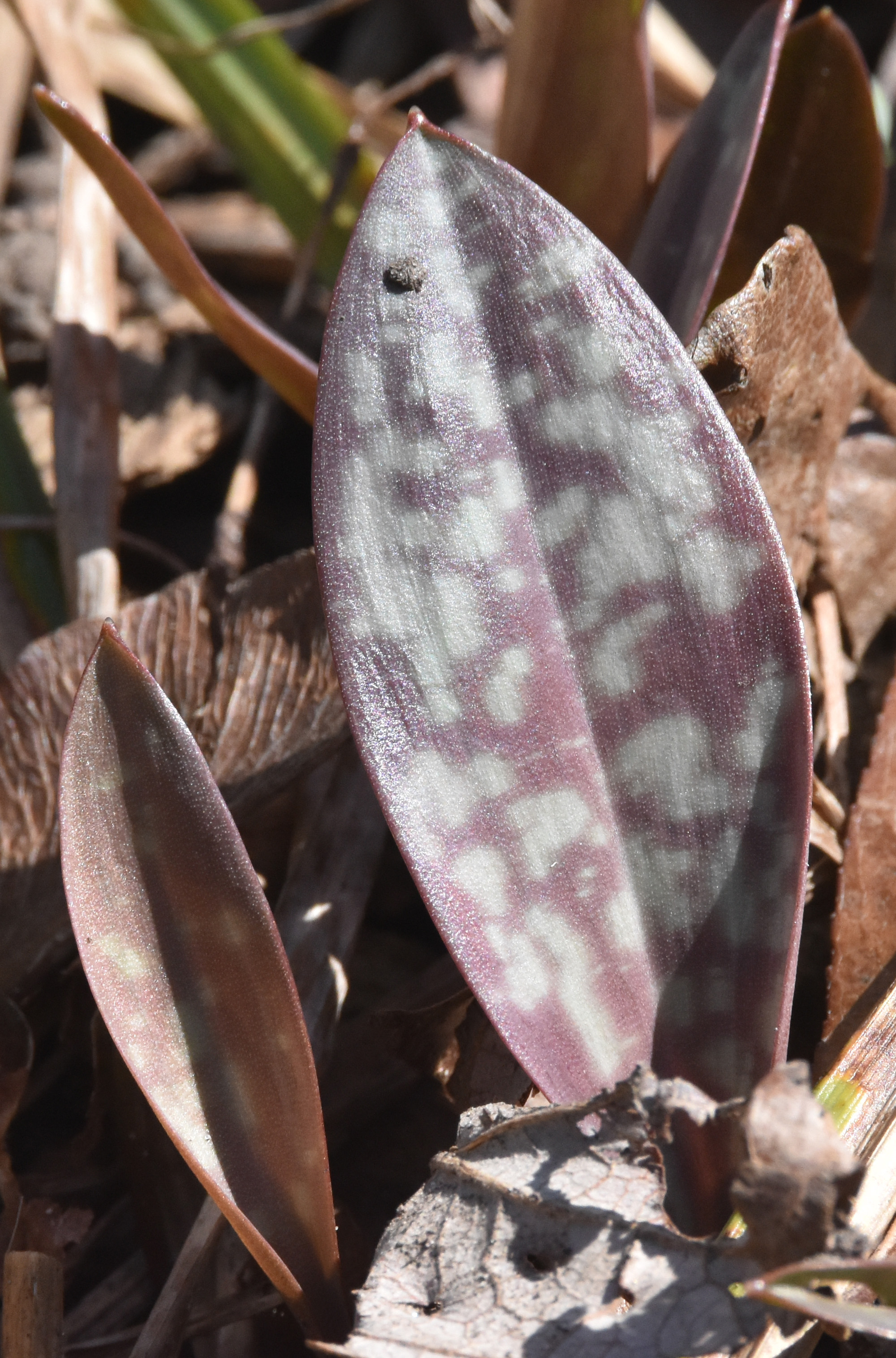
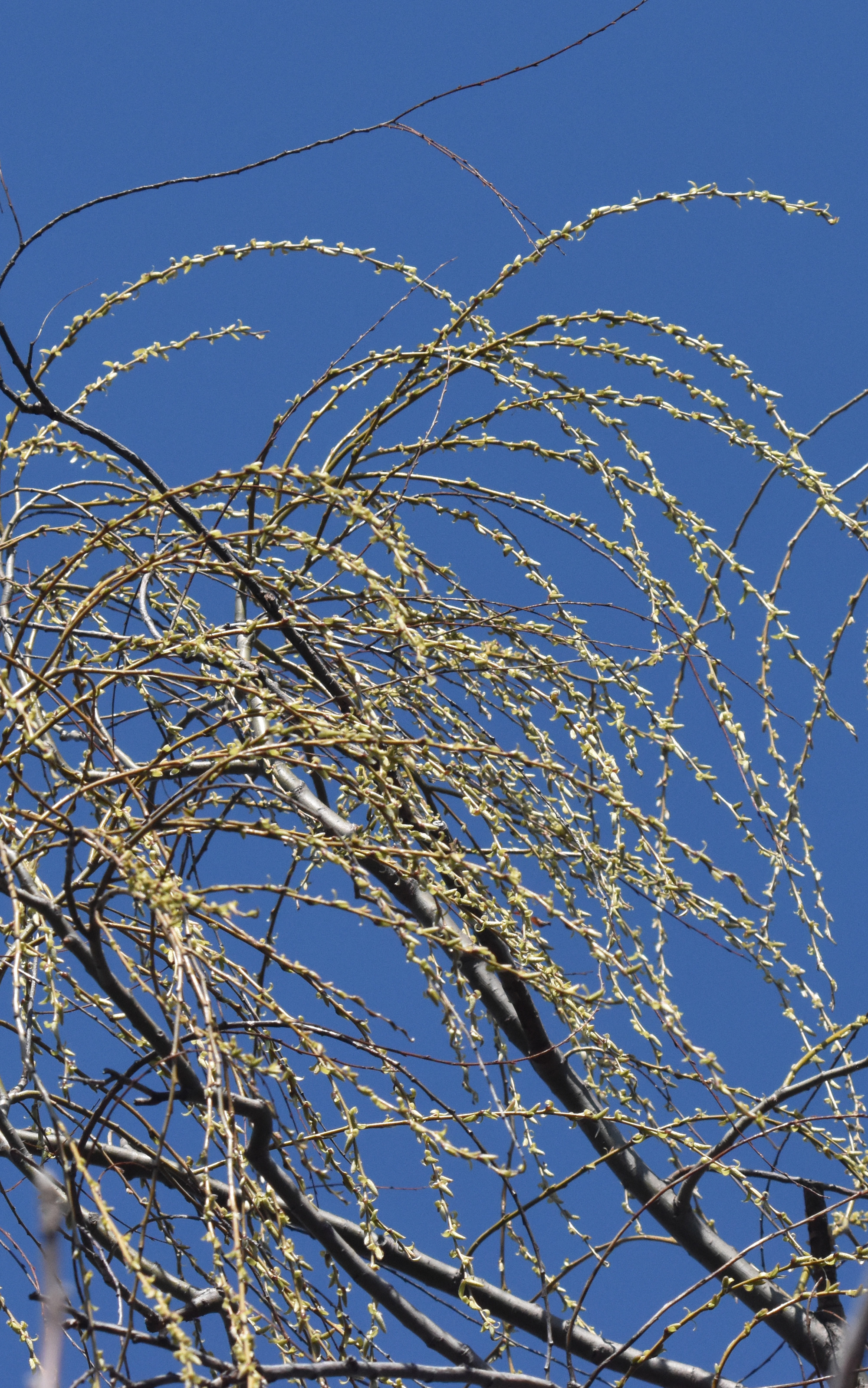
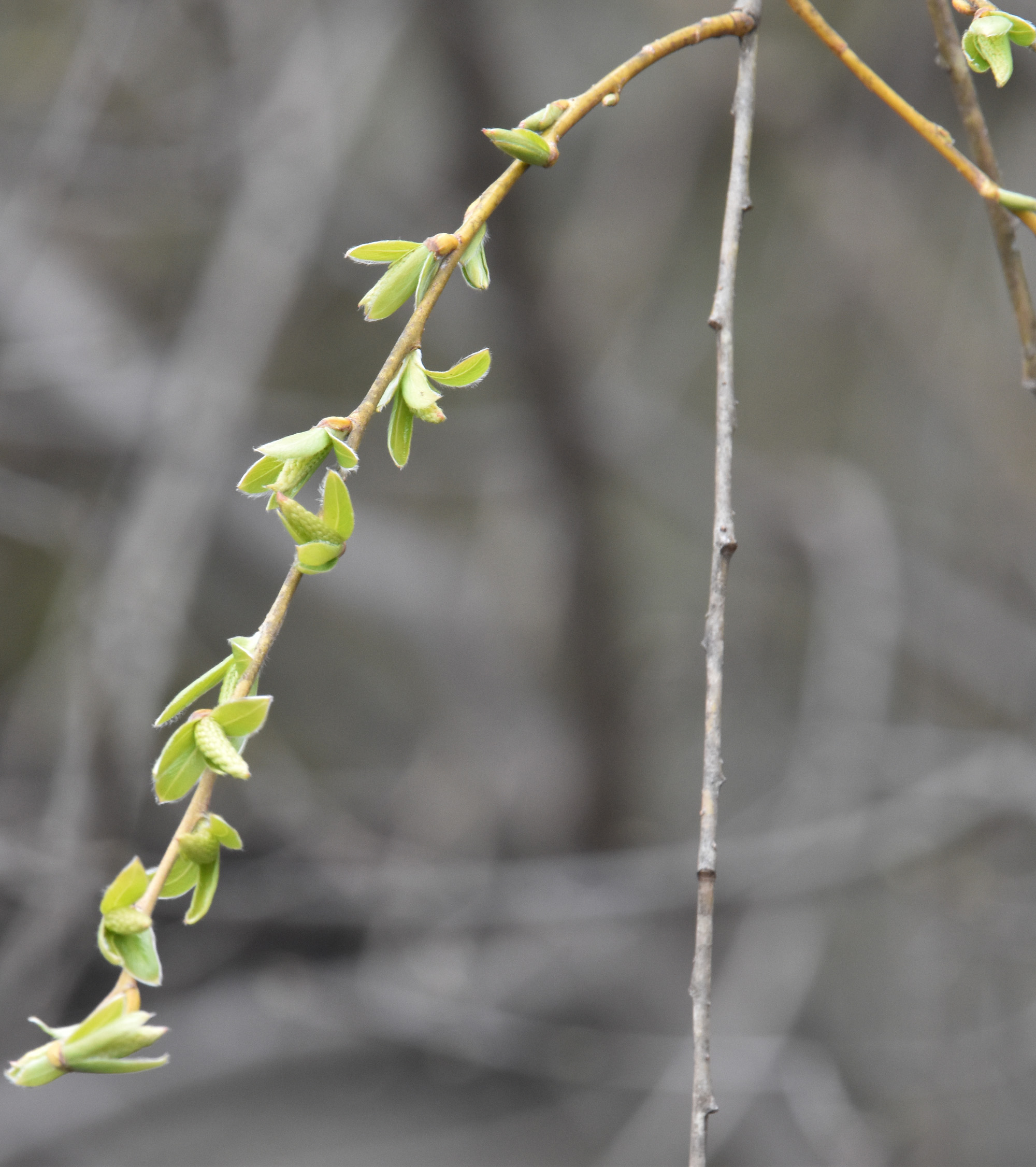
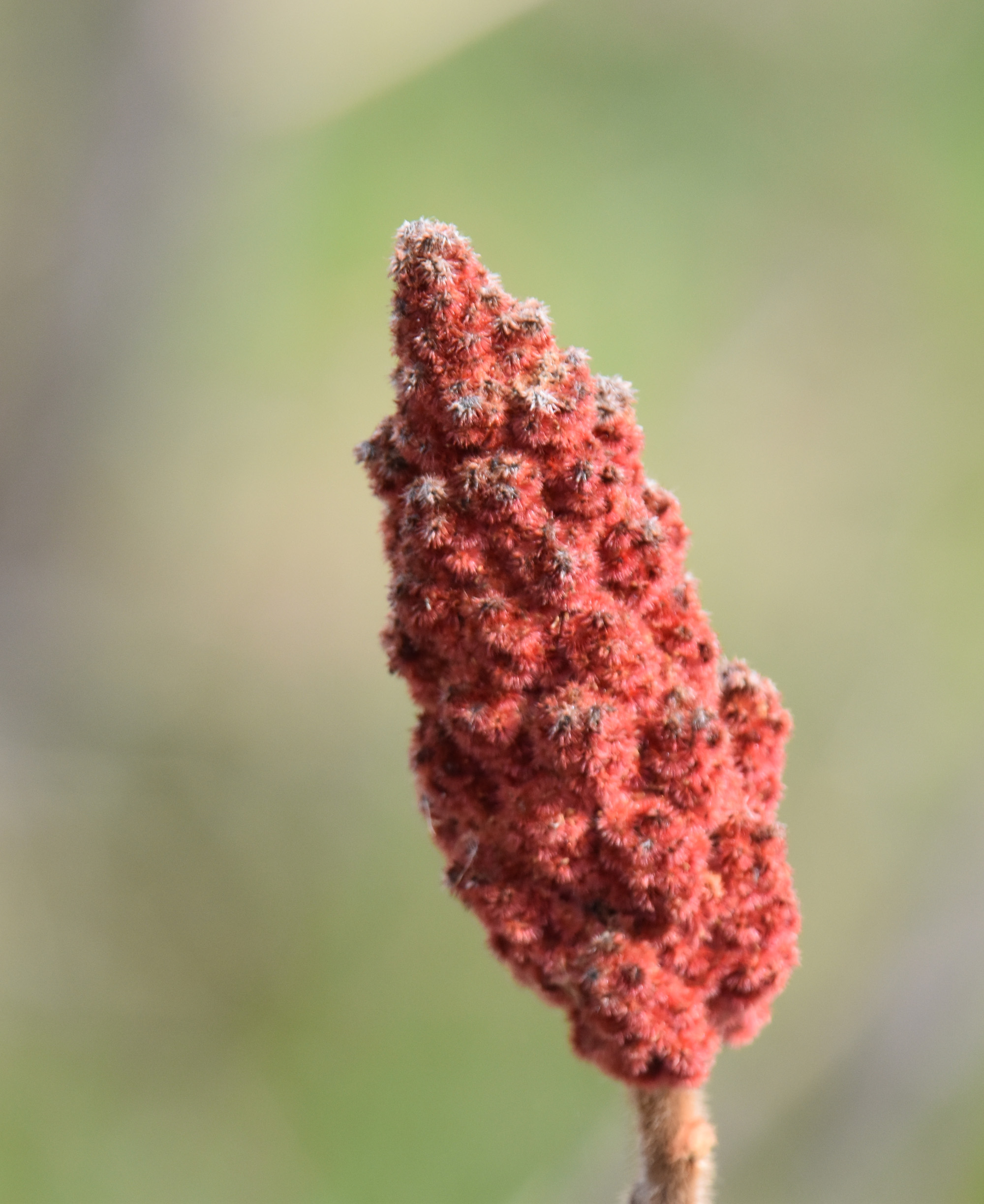
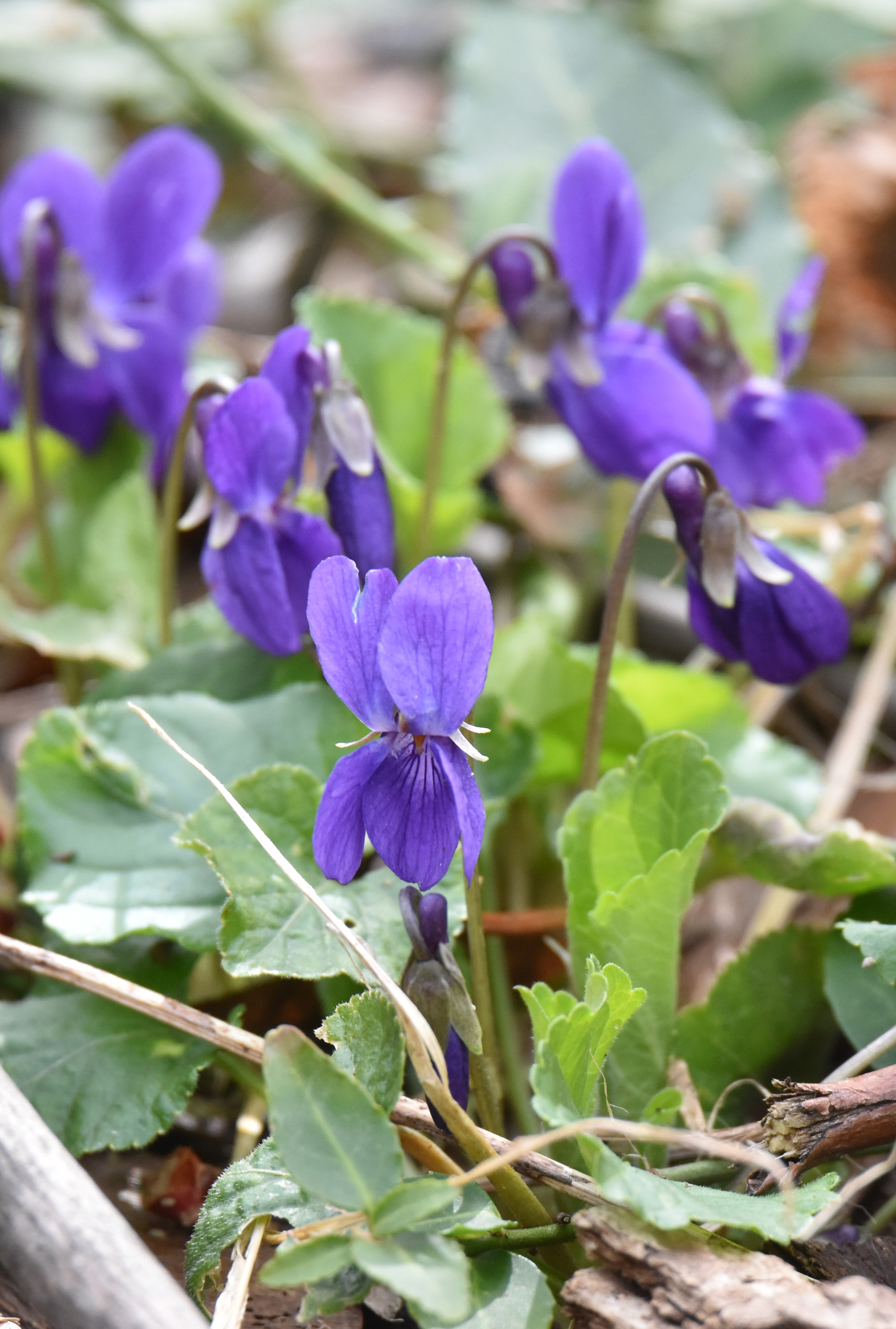
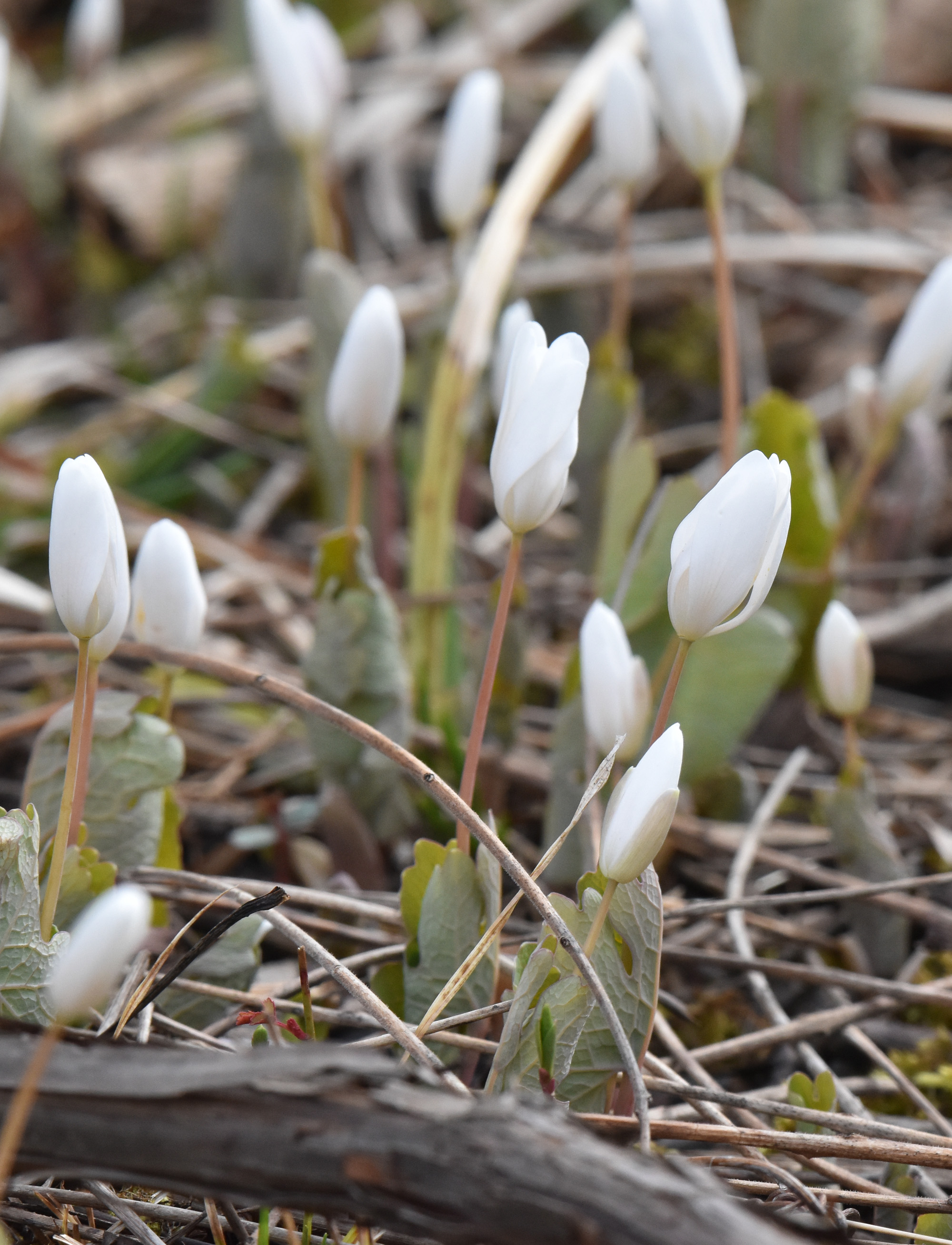
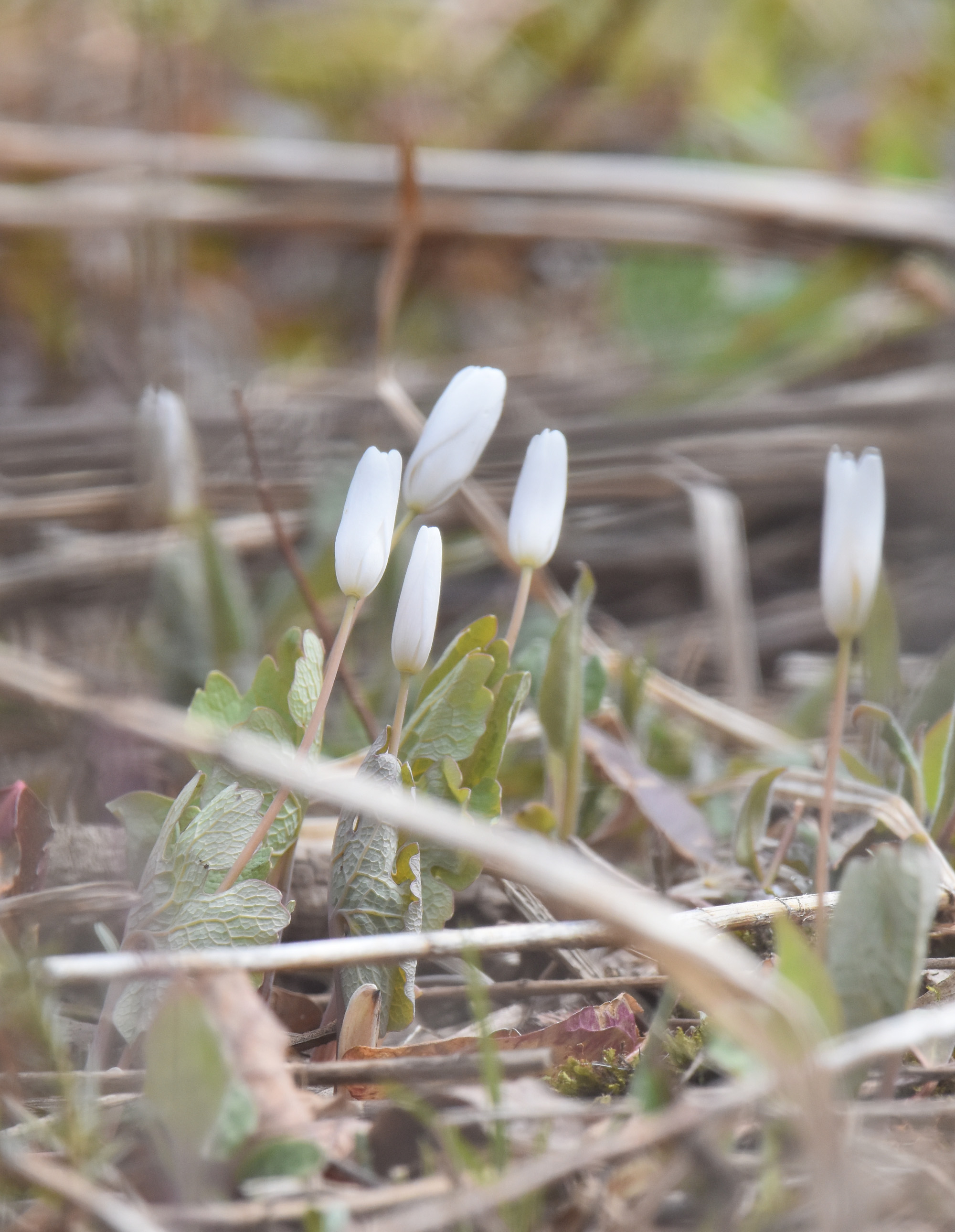
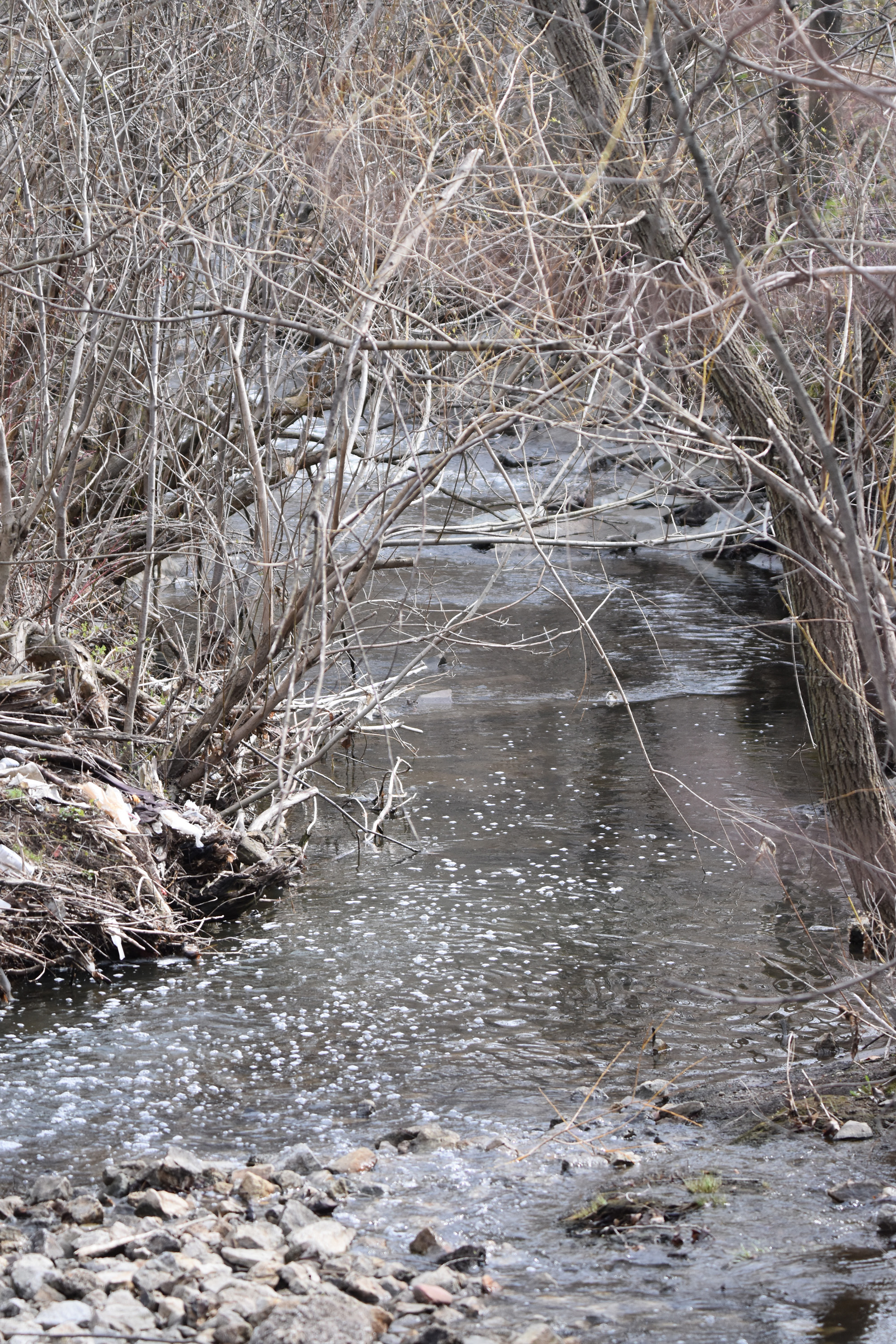
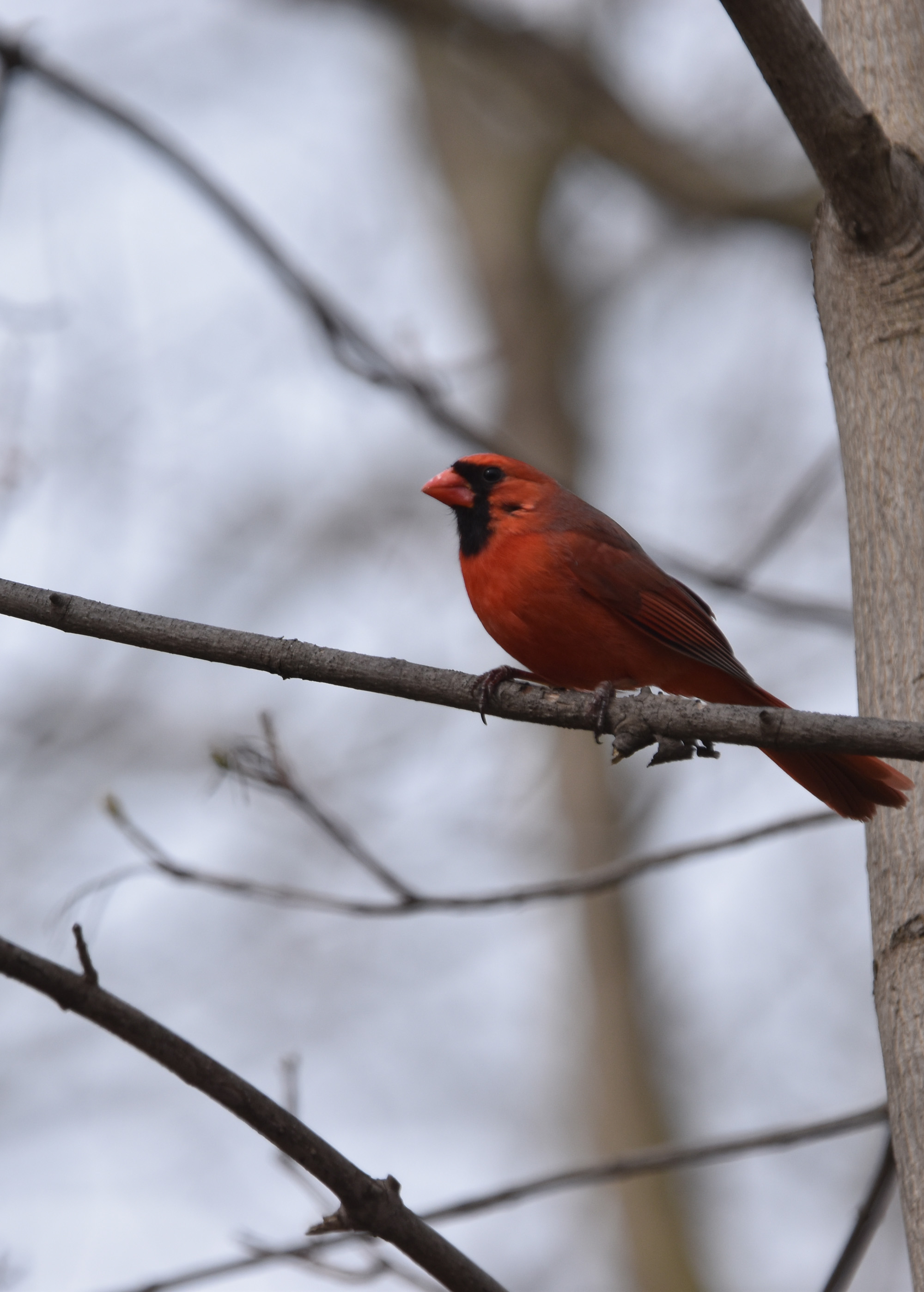
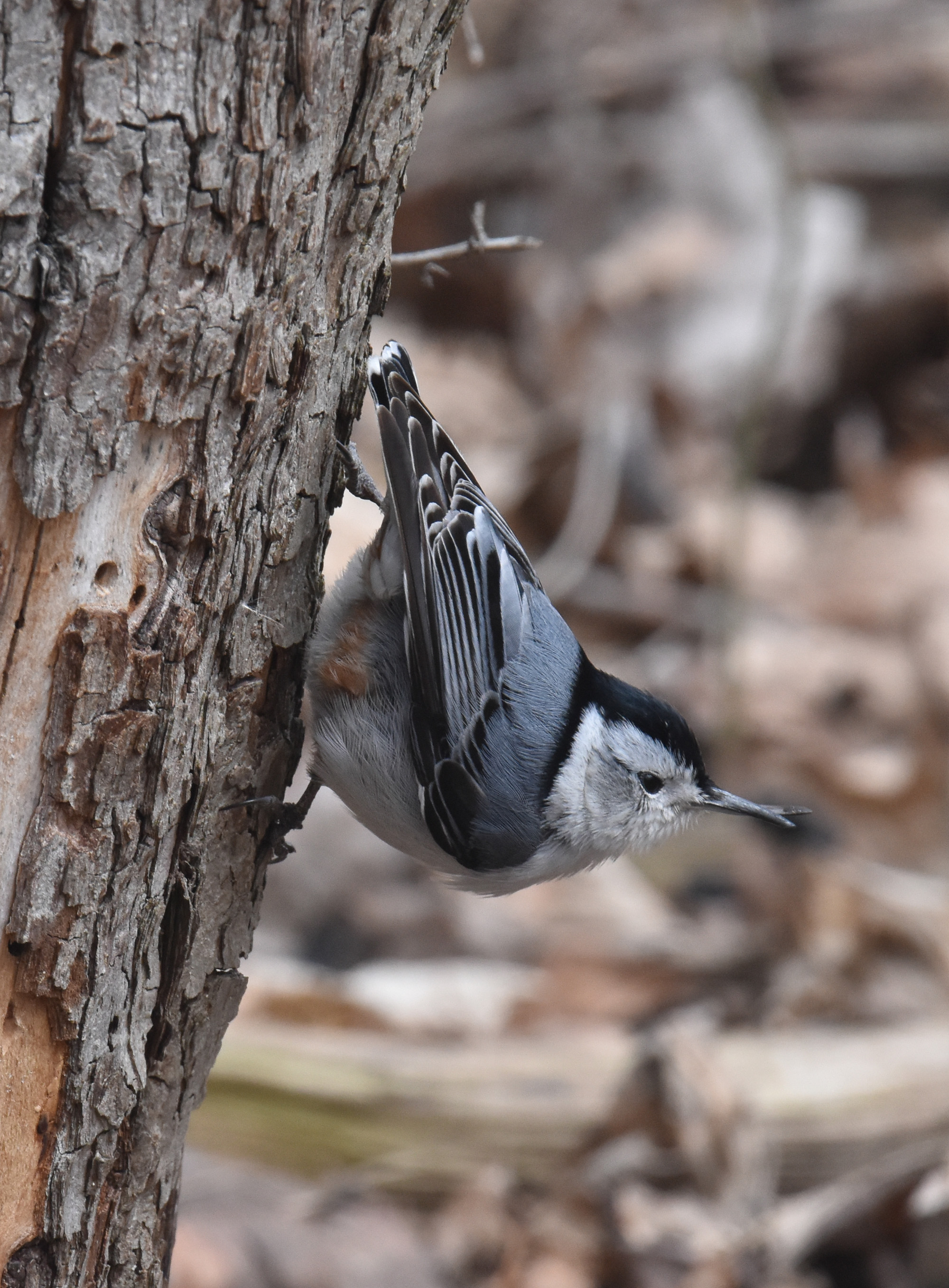
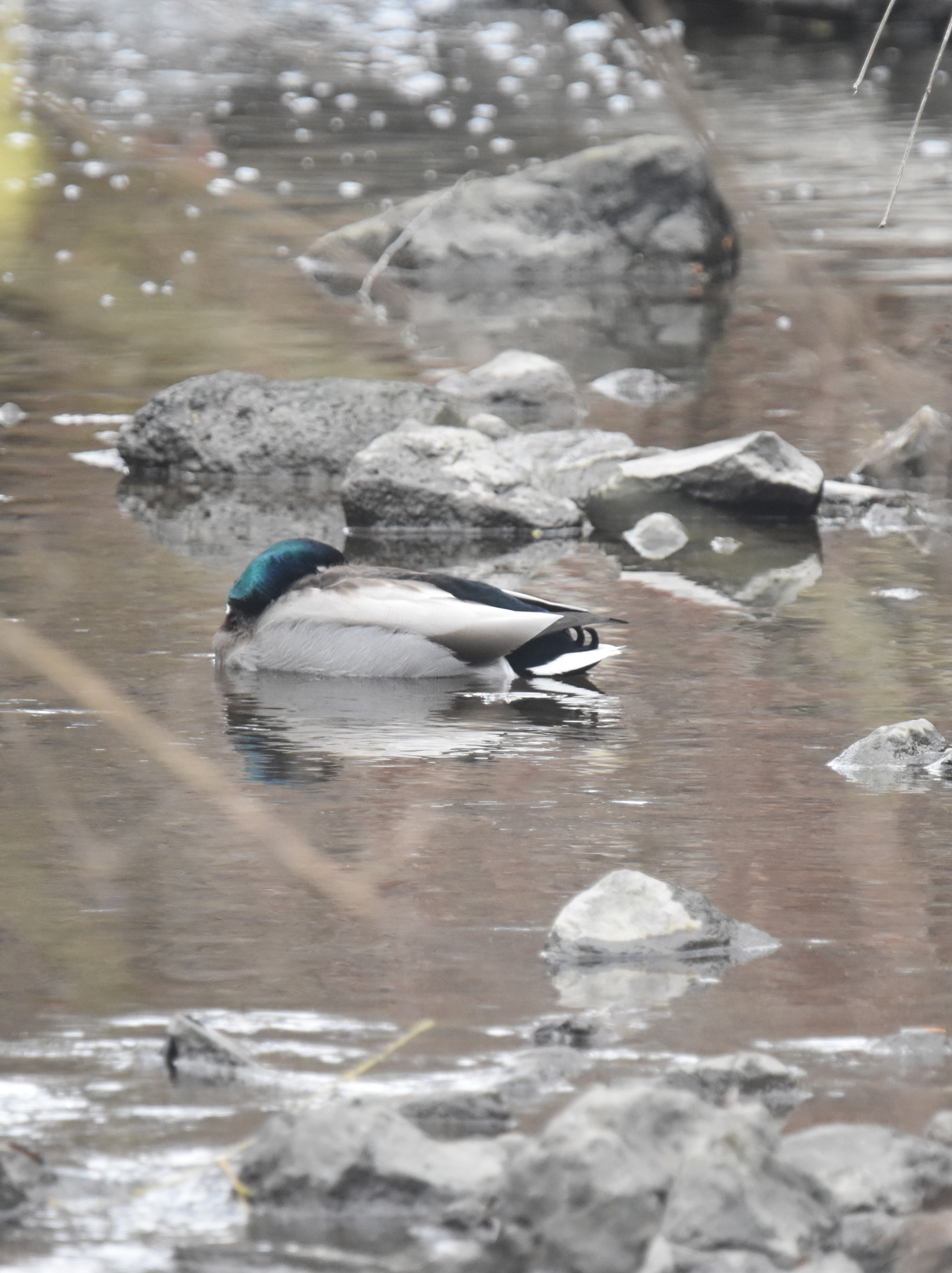
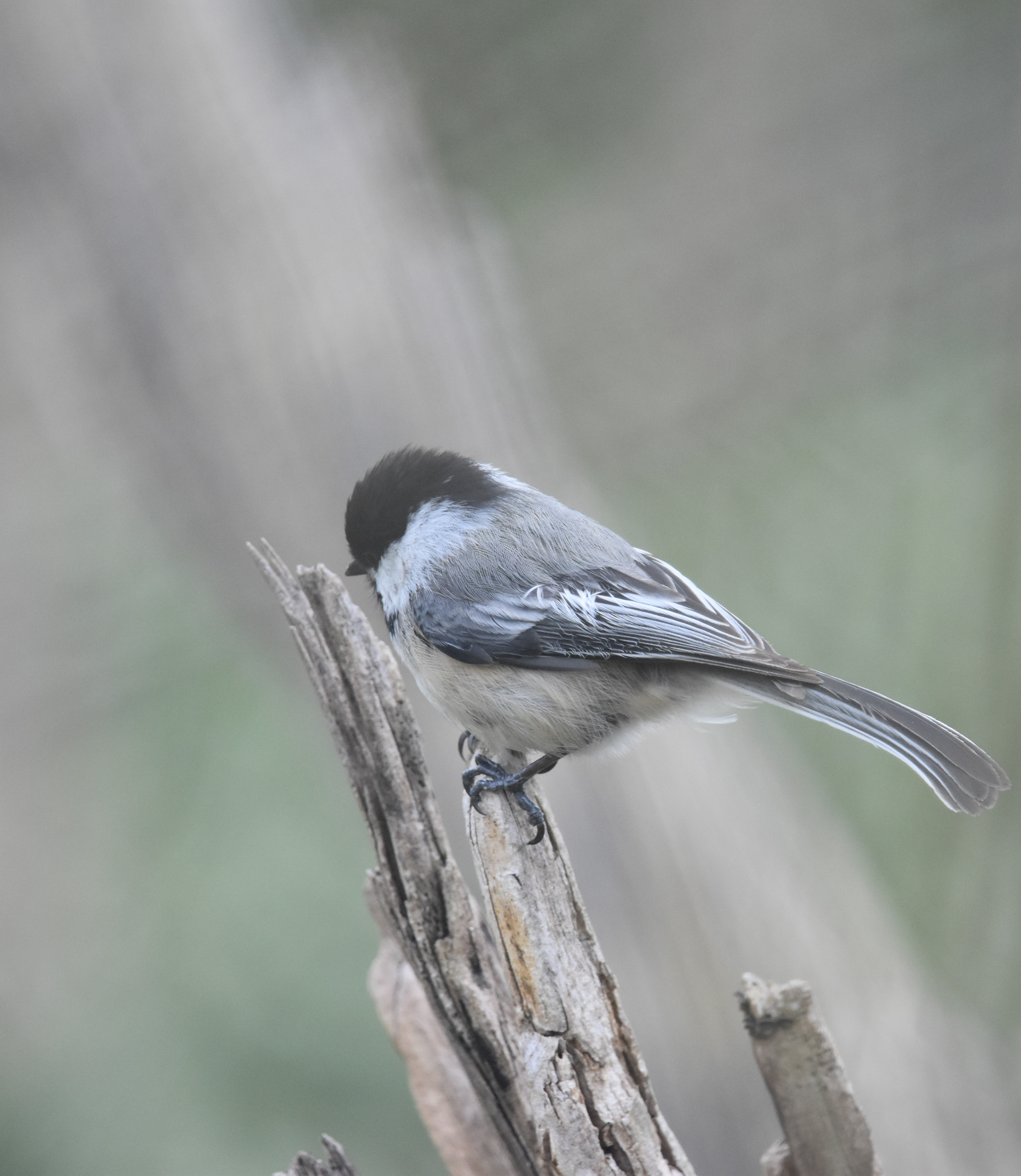
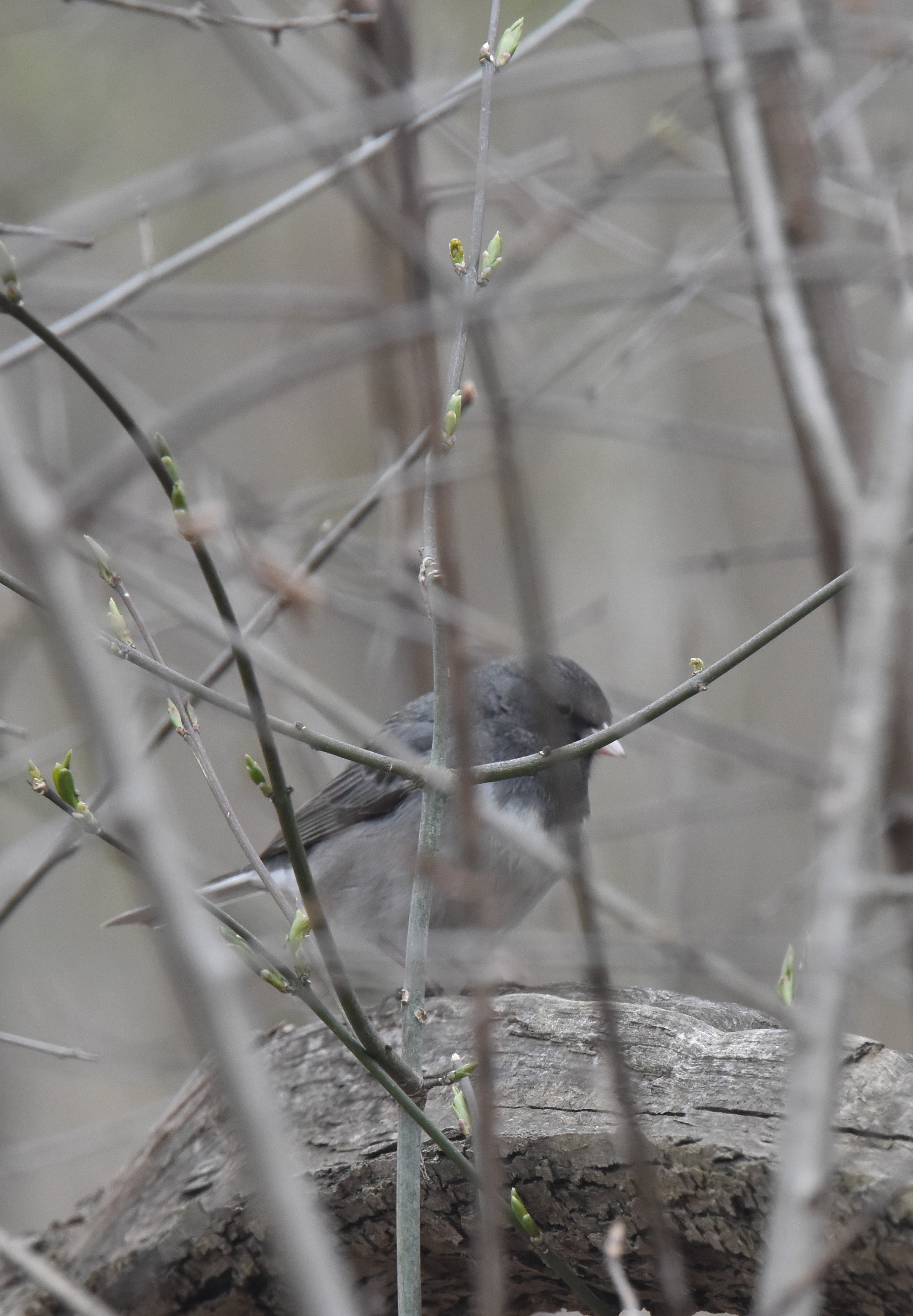
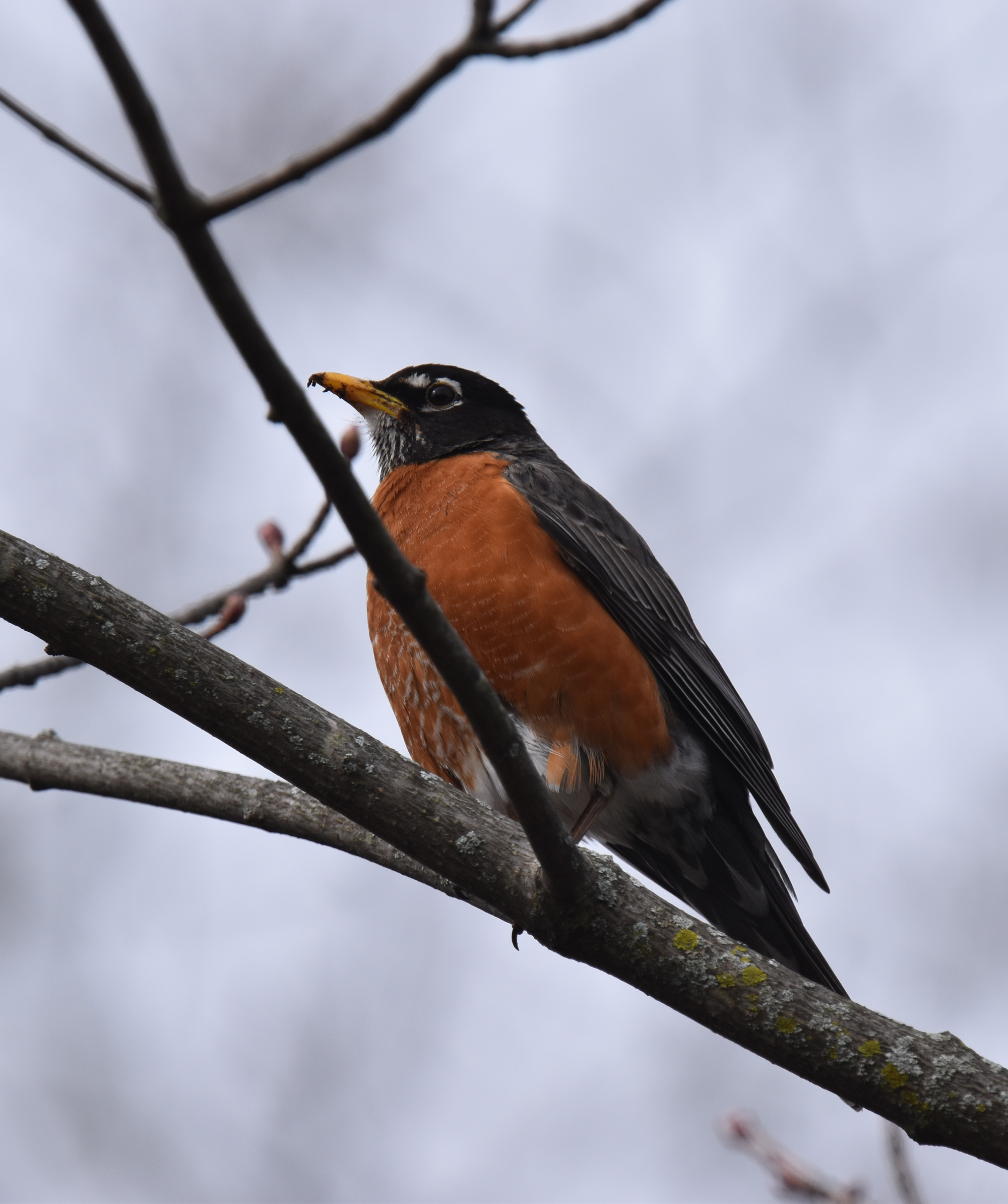
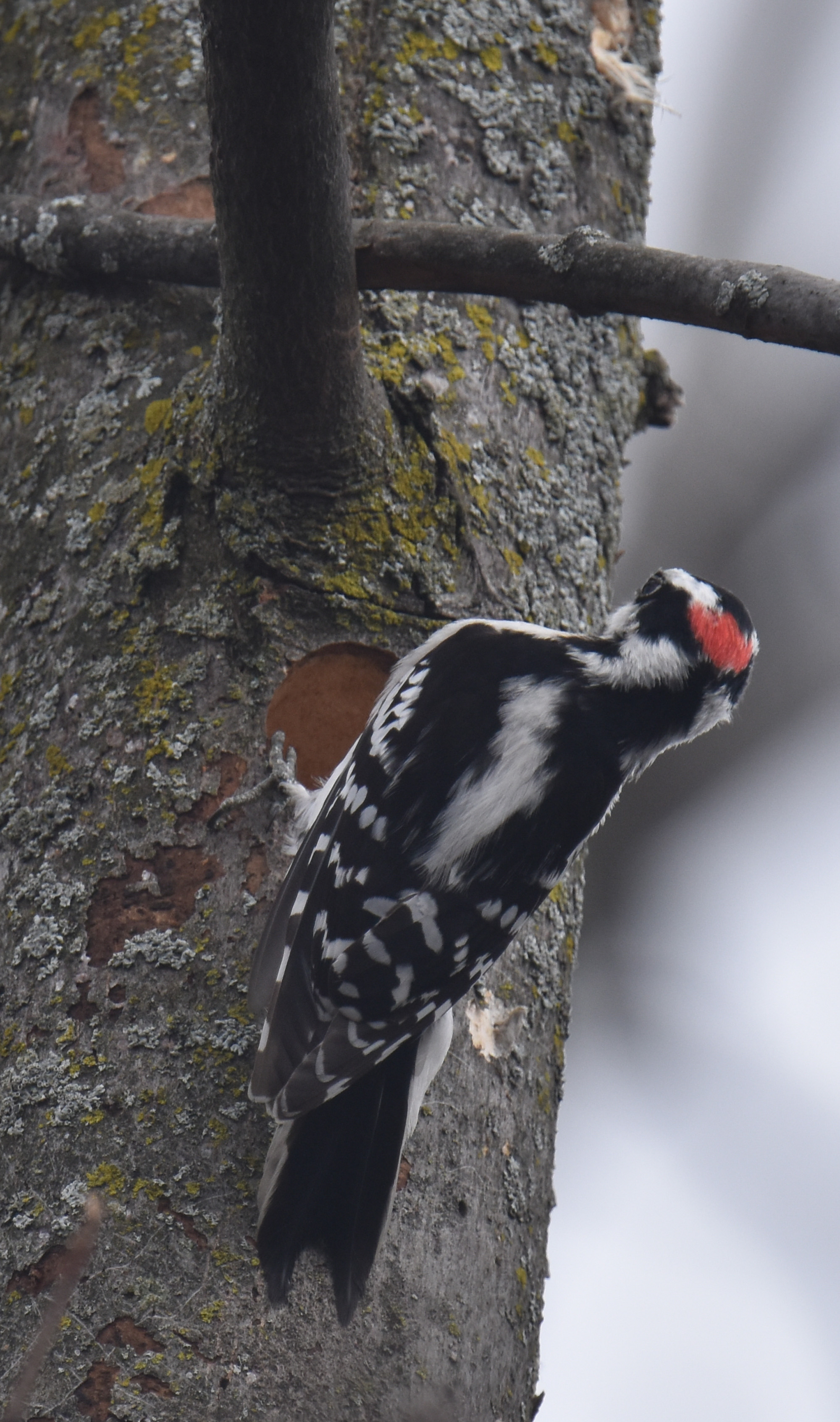
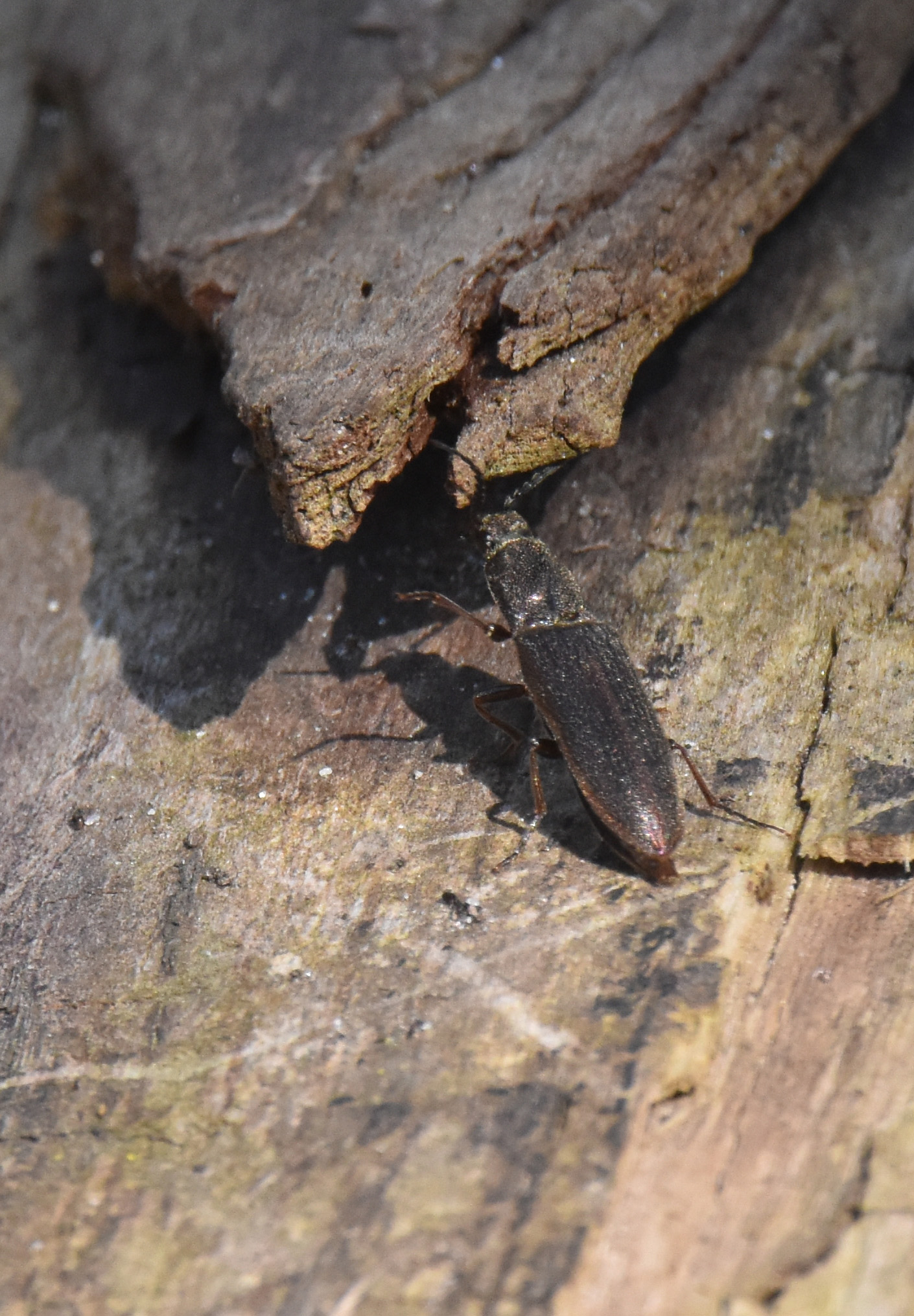
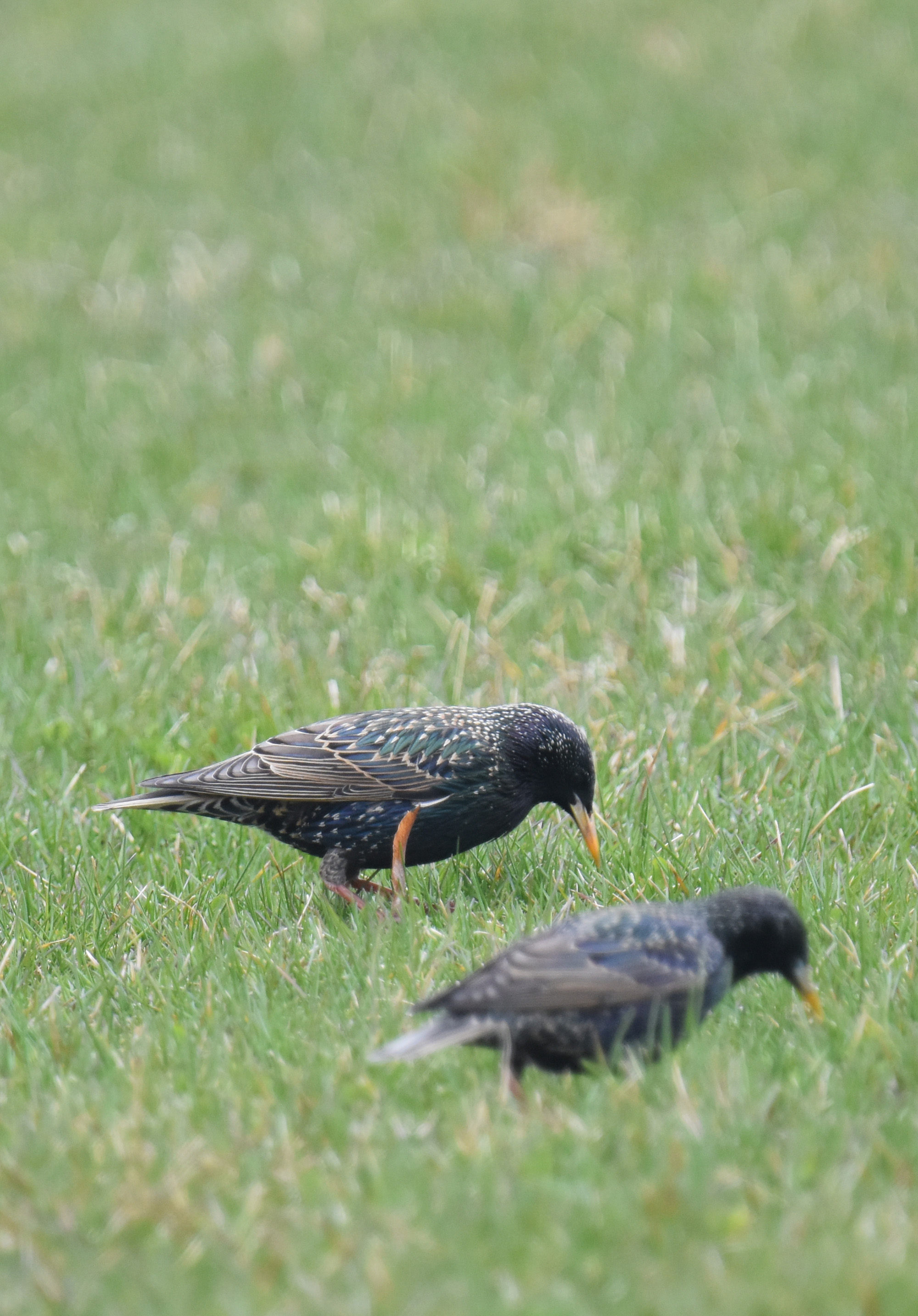
Spring comes late in Rapid City, SD. Believe it or not, one of the truest signs is the return of the flock of turkey vultures that roosts along Rapid Creek on the west side of town. The first sight of bulbs poking up makes me smile, but we have a long way to go!
Yes, it’s great to see the birds moving back in, even the vultures. Thanks for sharing!